Over the last decade, advancements in analytical testing technologies have revealed new categories of previously undetectable substances now dubbed as CECs—Constituents of Emerging Concern. This ever broadening group of chemicals and microorganisms pose unprecedented technical, legal, and financial challenges; but arguably, the biggest hurdle is the lack of available information about the persistence, prevalence, or toxicity of many substances referred to as CECs. In an effort to fill those data gaps, Senator Portantino introduced Senate Bill Number 230 (SB 230) to California’s State legislature this year. The bill, which seems to enjoy wide support from water agencies, would mark the first state-wide effort to address CECs as a category.
While information has grown over the past few years, most research has focused on high-profile chemicals or chemical families. This is partially because CECs are such an immense and diverse category; any new or newly detected and unregulated substance found in California’s waters is considered a CEC. This broad definition encompasses thousands of …

